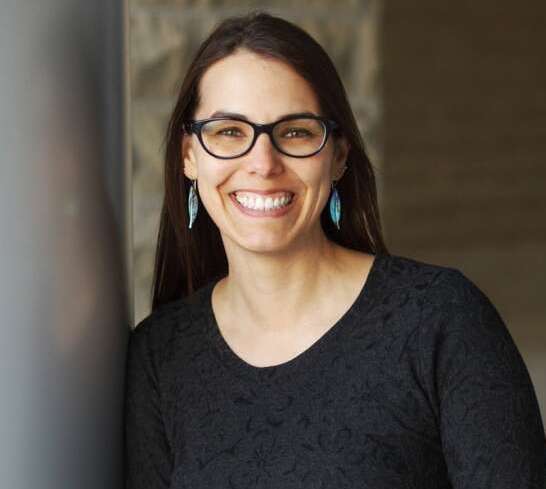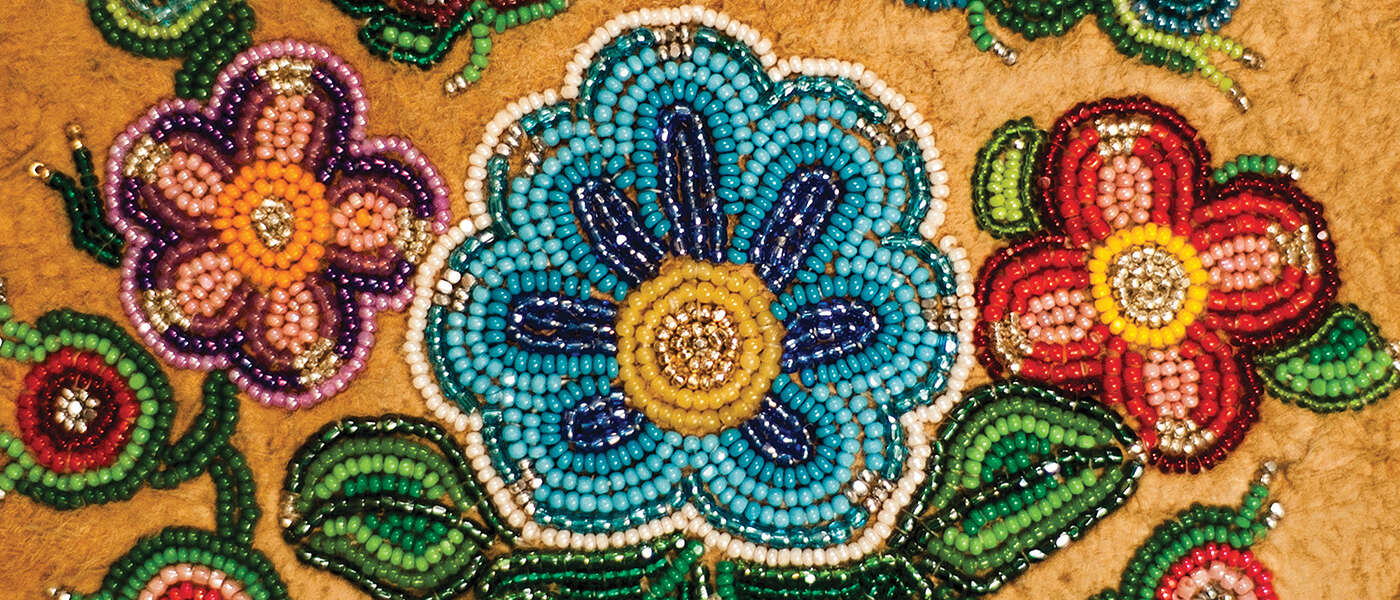
In June, U of G observes National Indigenous History Month. This is a time to recognize and honour First Nations, Inuit and Métis peoples and cultures. It’s also an important time to act, making good on commitments to reconciliation and working toward building a better future.
“National Indigenous History Month reminds us all to learn about the diverse and rich cultures of First Nations, Inuit and Métis peoples,” said Dr. Cara Wehkamp, assistant vice-president (Indigenous initiatives). “It’s a time to explore the truth of Indigenous history in Canada, to honour the significant contributions of First Nations, Inuit and Métis peoples, and to forge new relationships through acts of reconciliation and justice.”
U of G is committed to addressing the systemic discrimination and inequity faced by First Nations, Inuit and Métis peoples in education and research.
“Our collective goals require steadfast commitment and action from all areas of our campus community,” added Wehkamp. “Only then will we make progress towards decolonization and reconciliation on our campus and within our society.”
Decolonizing Approach:
“To resist and undo the forces of colonialism and to re-establish Indigenous Nationhood. It is rooted in Indigenous values, philosophies, and knowledge systems..” [1]
Ways to engage in decolonization and reconciliation with Indigenous peoples
Understand the need for all Canadians to respond to the Calls to Action and Calls for Justice and uphold our treaty responsibilities to improve Indigenous-settler relations.
Learn about land acknowledgements
- Watch the Land Acknowledgements and Why They Matter video and use what you learn to create your own land acknowledgement.
Read works by Indigenous authors
- The McLaughlin Library has created an online collection for Indigenous History Month consisting of non-fiction texts and memoirs. The collection highlights themes of resistance and reconciliation to expand our understanding and explore how we might enact reconciliation.
Learn about U of G collaborative research
- Learn how researchers are collaborating with First Nations, Inuit and Métis organizations, communities and nations to incorporate Indigenous worldviews across disciplines. Check out the U of G News page for stories that highlight this work.
Consider how you could contribute to advancing the recommendations of Bi-Naagwad, the Indigenous Initiatives Strategy
- Bi-Naagwad guides the advancement of reconciliation and decolonization efforts at the University of Guelph. The strategy summarizes 150 recommendations on the indigenization of the University’s services, policies, practices and campus environment.
Support scholarships for Indigenous students and Indigenous programs at U of G
- Consider giving to the Indigenous Student Engagement Scholarship, Nokom’s House, Indigenous Peoples Programs, or OVC Indigenous Community Partnerships Rotation.
Join the conversation
- Attend Mawadisidiwag | They Visit Each Other, a “tea and talk” session to share, explore and learn about reconciliation together on June 19.
- Attend the National Celebration of First Nations, Inuit, and Métis Peoples in Riverside Park on June 21, hosted by local Indigenous community members
Share what you have learned with others
- As a personal act of reconciliation, encourage your friends and colleagues to learn more about Indigenous peoples and lands and to commit to acts of reconciliation throughout the year.
Learn more about Indigenous Initiatives at U of G and supports and programs available through the Indigenous Student Centre.
[1] Reclaiming Power and Place: The Final Report of the National Inquiry into Missing and Murdered Indigenous Women and Girls, Canada, 2019, p. 170
